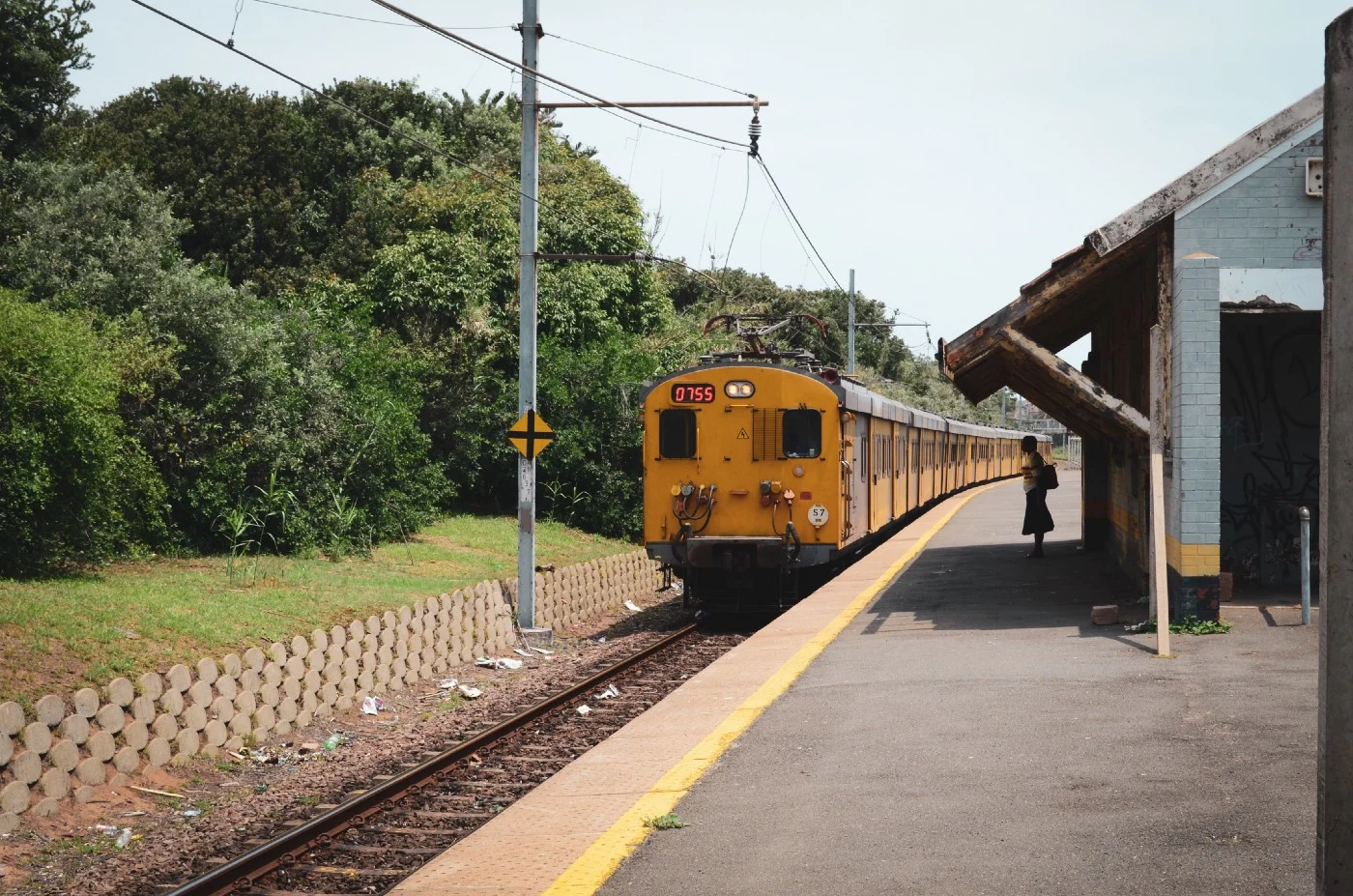China may be a global heavyweight but Africa can still create its own destiny with AfCTA
Will China help or hurt the AfCFTA?
African countries plan to improve trading with their partners across the continent through the African Continental Free Trade Area (AfCFTA) agreement.
The AfCFTA is the largest free trade area in the world when measured by the number of countries participating. Founded in 2018, with trade commencing on 1 January 2021. It covers 54 of the 55 African nations and connects over 1.3 billion people.
With the potential to lift millions of Africans out of poverty this article highlights the ways in which progress may be stunted by Africa’s trade relations with China. The AfCTFTA will involve China in two main ways:
Firstly, China is the largest investor in African infrastructure and will likely play a key role in the building the trade corridors and infrastructure required.
For example, China financed the construction of Kenya’s standard gauge railway (SGR), the Mambila hydropower project in Nigeria and the Addis Ababa-Djibouti railroad.
China is presently involved in infrastructure projects in 35 African countries. The competitiveness of the Chinese construction industry has the potential to limit the growth of African construction companies and create barriers for entry other top construction firms form France, India or Turkey.
However, it is important to note that these infrastructure projects allow exporters and companies from across the world better access to African goods.

Secondly, China, is the continent’s largest trading partner. East African imports from China have risen by 40% since the introduction of Belt and Road Initiative (BRI), which aims to create a new ‘Silk Road’.
As a result, many argue that China’s role as ‘the world’s factory’ has stunted the development of African businesses.
On the contrary the intention for AfCFTA is to eliminate tariffs on goods (services to follow) and make it easier for African countries to trade amongst themselves.
African nations are yet to develop the capacity to meet regional demands and even when they do, there are ways to mitigate any potential issues that may arise. For example, the East African court cases of over $500mn in unpaid annual taxes to counterfeiting are now being addressed.
At Spurt! we are focused on being #AfricanBusinessGrowthPartners. All too often micro, small and medium sized enterprises (MSMEs) are left out of the conversation about intra-regional and intra-continental trade agreements.

We understand that SMEs are the essential building blocks for trade at all levels. We recommend local businesses take advantage of the opportunities brought by the AfFCTA by:
1. Getting to know the continent and its industries better.
2. Building networks among potential suppliers and customers from other countries.
3. Monitoring opportunities created by the AfCFTA and gathering inspiration for competitors.
4. Encouraging innovation within their organisation to take advantage of this new opportunity.



